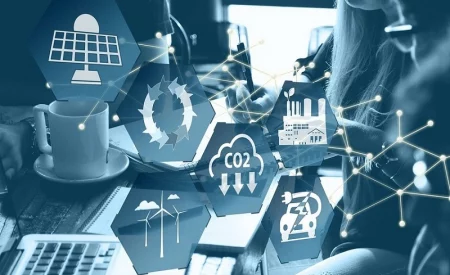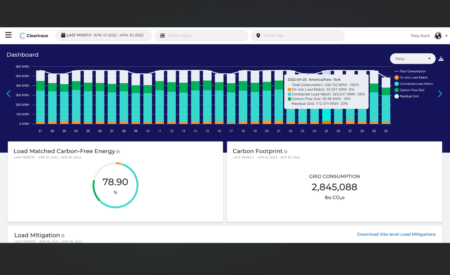
Advancing Decarbonization through Clean Energy Procurement: Practical Tips from the IEA
Let’s start with the good news. A lot of companies are committing to decarbonization; in fact, over 1,000 companies across a range of sectors have pledged some kind of emissions reduction or climate neutrality goal. Very naturally, the ways in which corporations account for carbon dictate the ways they procure energy, which in turn dictates […]
Read more









